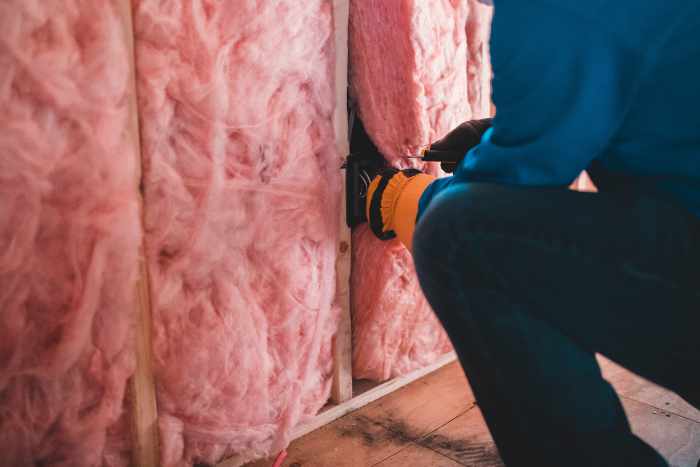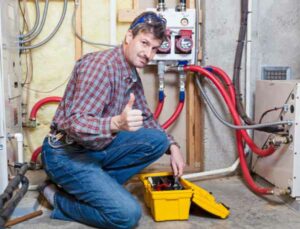Home insulation helps regulate your home’s temperature throughout the year by trapping heat during cold months and reflecting heat out during hot ones. This can help make your home comfortable all year round. Insulating your home isn’t simply about keeping warm or cool; it can also maximize energy efficiency while protecting vital components from damage due to changing temperatures. Here are some crucial insulation tips for optimizing your home’s climate.

7 Insulation Tips That Are Must-Know for Homeowners
1. Select the Proper Insulation
First on our list of insulation tips is pretty important. Given that insulation can be a significant investment, selecting the right kind is critical. Different types of insulation can provide varying temperature control and durability levels, so selecting the type that best suits your home’s needs are paramount.
When deciding, you must consider factors such as environment, attic insulation installation budget, local building codes, and size. If you are unsure which type would work best for your home, speaking to a qualified insulation specialist can help you make an informed choice on the best option for you.
2. Replace Old Windows and Doors
Replacing old windows and doors can help make your home airtight and improve your home’s insulation. Investing in new, energy-efficient models from Doors Plus will reduce heat loss occurring due to draughts and poor insulation.
This will help keep your house warmer and lower your energy bills by reducing the amount of energy you use to heat your space. Make sure to consider our climate when selecting new windows or doors.
Insulated materials like wood, uPVC, or aluminum are great options for keeping cold air out. If you cannot replace your windows and doors, consider sealing the windows and doors and fixing any gaps or cracks where warm or cool air could slip through.
3. Insulate the Attic
Attic insulation is essential to ensure your home is energy efficient. Without proper insulation, a significant amount of conditioned air can escape through the attic straining your air conditioning system and forcing it to run more frequently to try to keep up. This will increase your costs, as your HVAC system will have to work harder and longer to regulate your home’s temperature. Additionally, attic insulation offers protection from moisture damage by reducing air infiltration. It can also protect your roof from extreme temperature changes and the wear and tear resulting from that.
4. Inspect Your Insulation
Inspecting your insulation regularly is important to ensure it is adequately doing its job. Insulation helps to regulate the temperature in your home. It reduces energy costs significantly, so any deterioration or damage needs to be identified and taken care of as soon as possible. Inspecting the condition of your insulation regularly can help detect minor issues before they become emergencies and ensure adequate protection against heat transfer.
5. Double-Glazed Windows
Windows are a vital component in home insulation, as they help create an effective and durable barrier between your home and outdoor temperatures. To maximize insulation, consider installing double-glazed windows. This type of window is made of two layers of glass with a gap between them and can be filled with air or gas for enhanced energy efficiency. Double-glazed windows can reduce interior heat loss, decrease external noise disturbances, and increase overall energy efficiency in the home.
6. Insulate Around Plumbing Pipes
Uninsulated plumbing pipes make it easy for water to condense, leaving the water in the pipes vulnerable to freezing during cold weather. Insulating around the pipes creates a barrier that helps improve thermal efficiency. Some effective pipe insulation materials include foam insulation, fiberglass wrap, or caulk around any exposed sections of pipes.
Home insulation is an essential part of energy-efficient living. Taking the time to evaluate and inspect your insulation regularly will give you peace of mind that your home’s energy system is functioning efficiently, saving you money on utility costs. For better insulation, consider replacing old doors and windows, inspecting the insulation regularly, and insulating your attic. You should also insulate plumbing pipes and ensure you select the proper insulation for your home and needs. Implementing these insulation tips will ensure that your home remains comfortable while remaining energy efficient in the long run.



